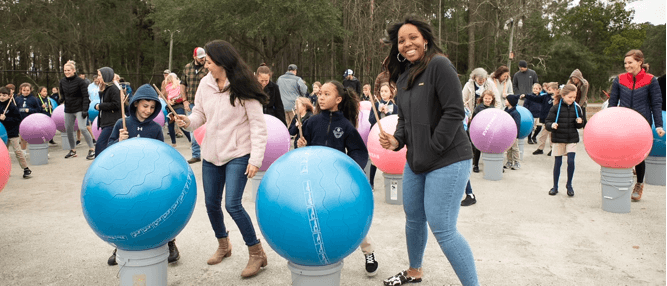As impatience with left-wing ideology increases and more parents are removing their children from the public school system, a new movement focused on education, entrepreneurship, and free-market solutions is providing parents with innovative alternatives.
According to its website, Liberation of Education is “a movement to provide parents with a wide array of actionable educational choices which lead children to healthy and positive lives.” On April 25–28, 2022, a unique partnership of educators, business professionals, authors, and parents will gather for the annual Liberation of Education virtual conference to share what they have learned—and created.





